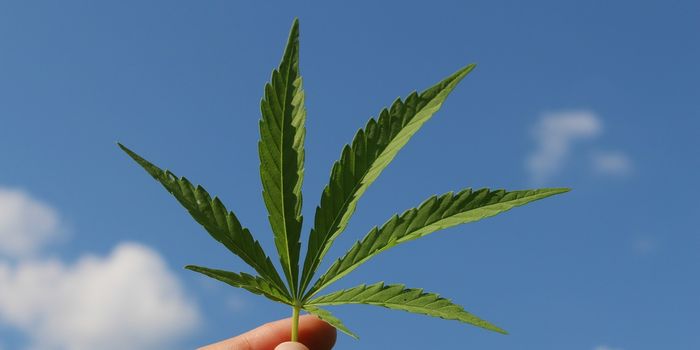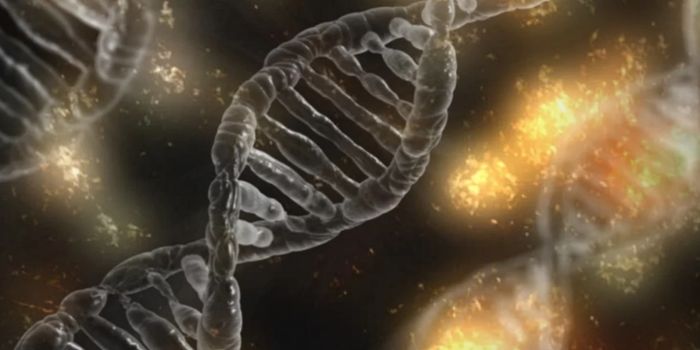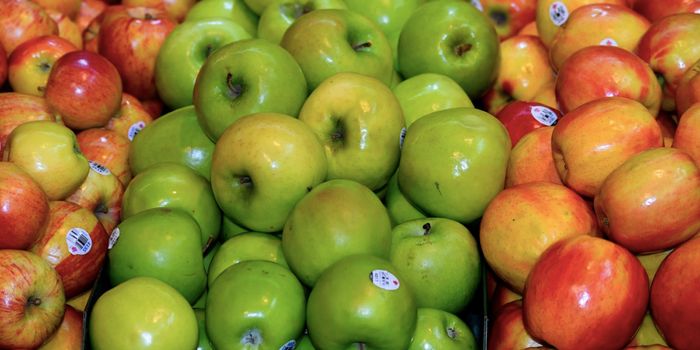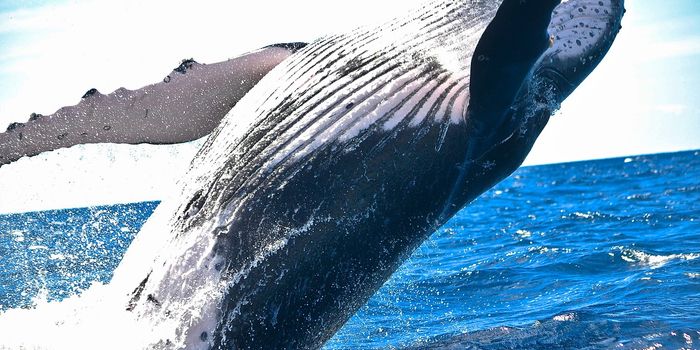Rats Reciprocate Favors Just Like Humans Do
When someone does something thoughtful for you, are you more inclined to help them with something in return? Most people would answer “yes,” but a new study conducted by researchers from the University of St Andrews illustrates how rats might behave similarly.
Image Credit: Pixabay
Two things rats enjoy the most are getting groomed and receiving food, and from the study’s results in the journal Current Biology, it’s evident that rats might consider the two to be a fair trade.
In a controlled experiment, the researchers observed Norway rats’ behavior. One of the things they noticed was that when a rat provided food to another, there was a higher chance that the receiving rat would groom the gifting rat. Intriguingly, the trade occurred in reverse too – sometimes the rat offering free grooming sessions would receive food in return.
"We found the rats traded these two services among each other according to the decision rules of direct reciprocity, e.g. 'I help you because you helped me,'" elaborated Dr. Manon Schweinfurth from the School of Psychology and Neuroscience at the University of St Andrews.
"This result indicates that reciprocal trading among non-human animals may be much more widespread than currently assumed," he continued. "It is not limited to large-brained species with advanced cognitive abilities."
Related: Scientists grow a human ear on a rat's back
One of the core lessons learned from the study is how some animals possess innate instincts to respond to kindness by returning the favor, a quality long thought to be unique to humans. Animal experts have seen it before in wild animals, but this is one of the first examples to manifest itself in a laboratory.
Future research could discern additional ways that rats (or other animals) help one another out. It should be interesting to see what researchers find as their endless curiosity continues.
Source: University of St Andrews









